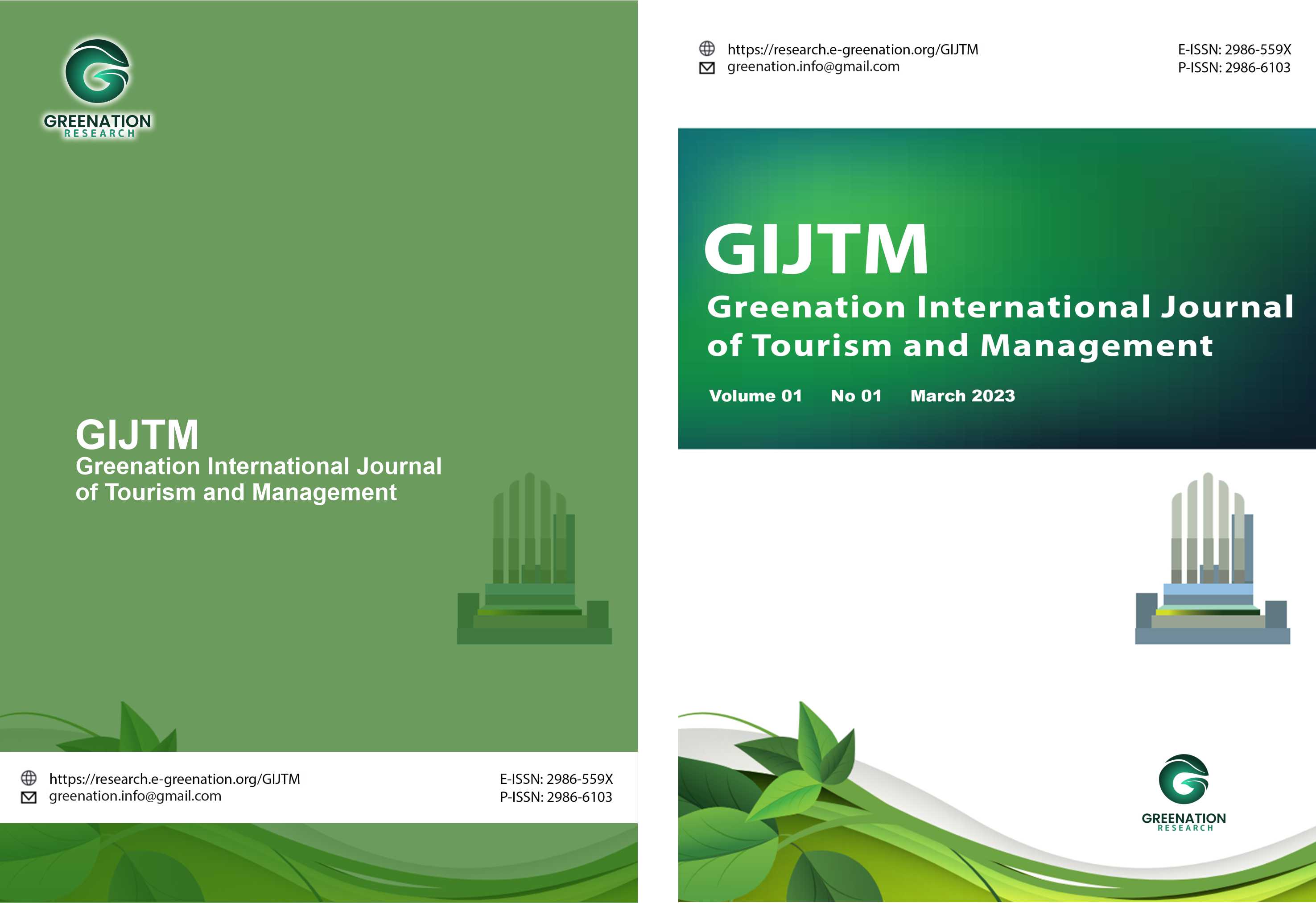A Financial Perspective on Online and Offline Marketing in the F&B Industry: Evidence from Cirebon Msmes
DOI:
https://doi.org/10.38035/gijtm.v3i2.449Keywords:
Online Marketing, Offline Marketing, MSMEs, Hybrid Strategy, Digital Literacy, ROIAbstract
This study aims to analyze the effectiveness of online and offline marketing strategies in the food and beverage industry in Cirebon and identify the challenges and success factors of each strategy. Using a mixed-methods approach, data were collected from 50 MSMEs through surveys and in-depth interviews with 10 business owners/managers. The results indicate that online marketing is more effective in driving sales growth (14.31% vs. 8.04%) and acquiring new customers (28.51 vs. 15.06 customers/month), whereas offline marketing excels in return on investment (ROI) at 25.00% compared to 20.28% for online marketing. Key challenges in online marketing include high competition and limited digital literacy, while offline marketing faces market reach limitations and high printing costs. Success factors for online marketing include customer engagement on social media and targeted digital campaigns, while offline marketing is influenced by strategic locations and strong community relationships. This study recommends adopting a hybrid strategy to maximize business growth and cost efficiency, especially in semi-urban markets like Cirebon.
References
Astuti, P., & Yuniarti, T. (2023). Digitalization of MSMEs in Indonesia: Opportunities and Challenges. Journal of Economic Development Studies, 24(1), 56–72. https://doi.org/10.xxxxx
BPS Kota Cirebon. (2023). Laporan Statistik Ekonomi Kota Cirebon. Badan Pusat Statistik Kota Cirebon. Retrieved from https://bps.go.id
Kotler, P., Kartajaya, H., & Setiawan, I. (2021). Marketing 5.0: Technology for Humanity. Wiley. https://doi.org/10.xxxxx
Rachmawati, R., & Sugiharto, B. (2020). The Influence of Digital Marketing on MSMEs’ Performance in Indonesia. Indonesian Journal of Business and Economics, 35(2), 200–215. https://doi.org/10.xxxxx
Setyaningsih, A., & Wahyuni, S. (2022). Marketing Strategies for MSMEs in the Digital Era: A Case Study in Bandung. Journal of Business and Management Studies, 19(1), 45–56. https://doi.org/10.xxxxx
Susanto, D., & Cahyani, N. (2019). Comparative Analysis of Offline and Online Marketing Strategies in the Culinary Industry. Creative Economics Journal, 5(3), 89–97. https://doi.org/10.xxxxx
Chaffey, D., & Smith, P. R. (2022). Digital Marketing Excellence: Planning, Optimizing, and Integrating Online Marketing. Routledge. https://doi.org/10.xxxxx
Hootsuite & We Are Social. (2023). Digital 2023: Global Overview Report. Retrieved from https://wearesocial.com
Lee, I., & Lee, K. (2020). The Internet of Things (IoT): Applications, investments, and challenges for enterprises. Business Horizons, 63(4), 509–517. https://doi.org/10.xxxxx
Wardhana, D., & Arifin, Z. (2021). The Impact of Social Media Marketing on Customer Loyalty in SMEs. Journal of Marketing Dynamics, 12(2), 101–115. https://doi.org/10.xxxxx
Tjiptono, F. (2022). Marketing Strategy: An Asian Perspective (3rd ed.). Pearson. https://doi.org/10.xxxxx
Yulianti, R., & Firmansyah, H. (2023). Analysis of Customer Behavior in Online Shopping Platforms. Journal of Consumer Research, 18(1), 67–81. https://doi.org/10.xxxxx
Prasetyo, A., & Widjaja, M. (2022). Integration of Offline and Online Marketing in MSMEs: Lessons from Indonesia. Asian Journal of Business Management, 27(3), 215–230. https://doi.org/10.xxxxx
Kim, Y., & Ko, E. (2021). Social Media Marketing: Strategic Planning and Execution. Journal of Marketing Research, 58(4), 545–562. https://doi.org/10.xxxxx
Digital Economy Research Institute. (2023). The Future of Marketing: Trends in the Digital Landscape. Retrieved from https://digitalresearch.com
Downloads
Published
How to Cite
Issue
Section
License
Copyright (c) 2025 Muhammad Fikri Abdullah, Ahmad alfariz, Lis Tatin Hernidatiyantin, Soesanty Maulany

This work is licensed under a Creative Commons Attribution 4.0 International License.
Copyright :
Authors who publish their manuscripts in this journal agree to the following conditions:
- Copyright in each article belongs to the author.
- The author acknowledges that the Greenation International Journal of Tourism and Management (GIJTM) has the right to be the first to publish under a Creative Commons Attribution 4.0 International license (Attribution 4.0 International CC BY 4.0).
- Authors can submit articles separately, arrange the non-exclusive distribution of manuscripts that have been published in this journal to other versions (for example, sent to the author's institutional repository, publication in a book, etc.), by acknowledging that the manuscript has been published for the first time at GIJTM.

























